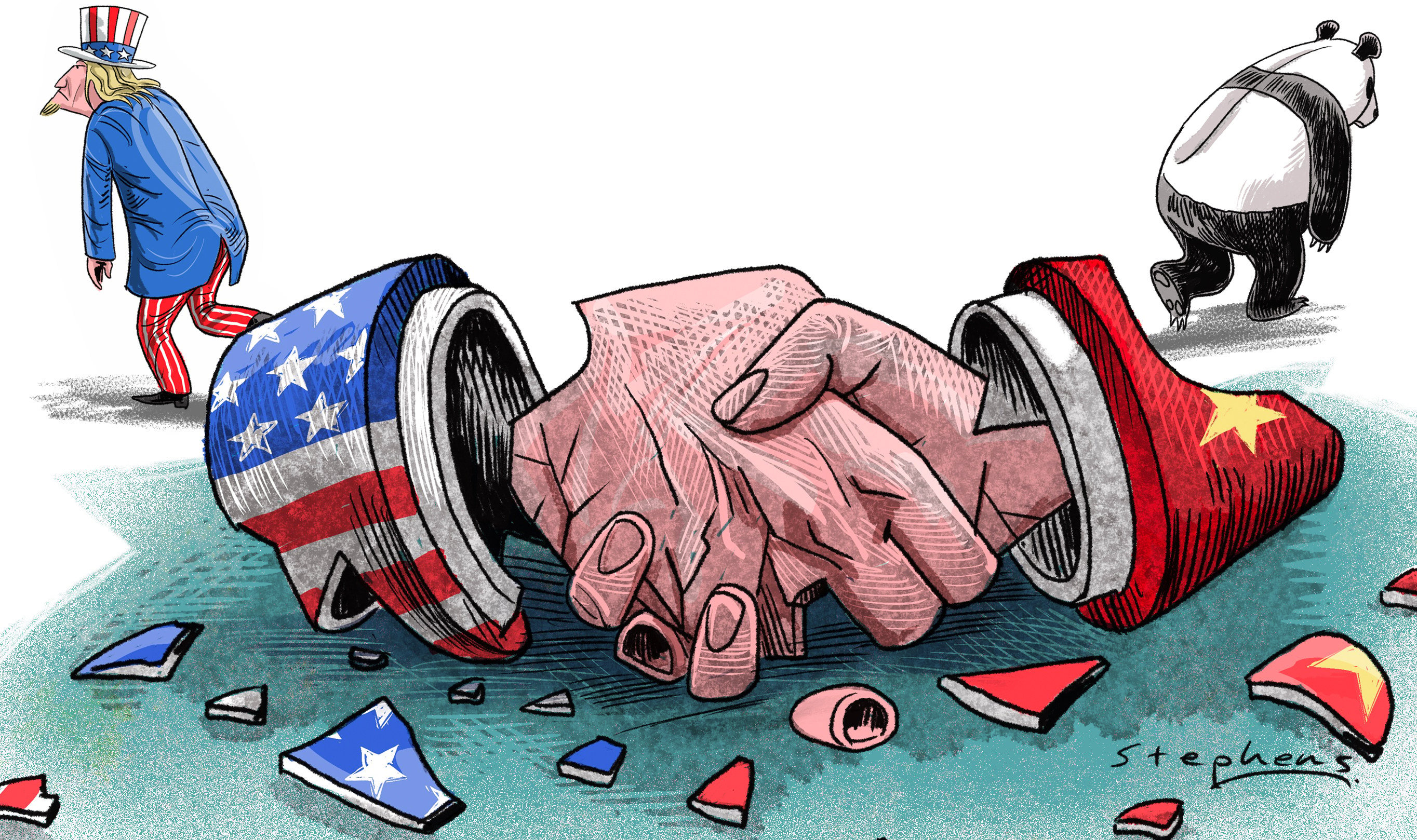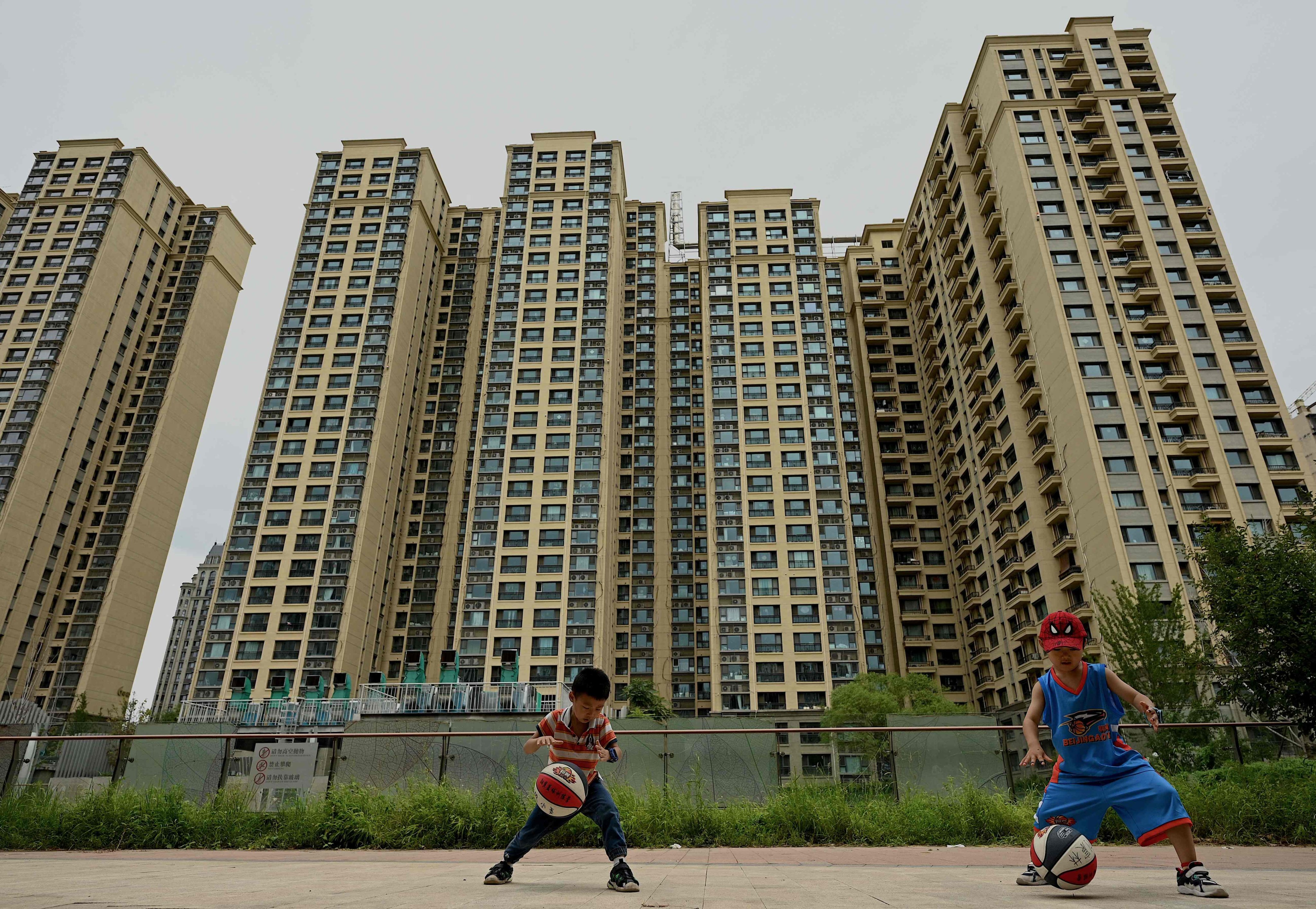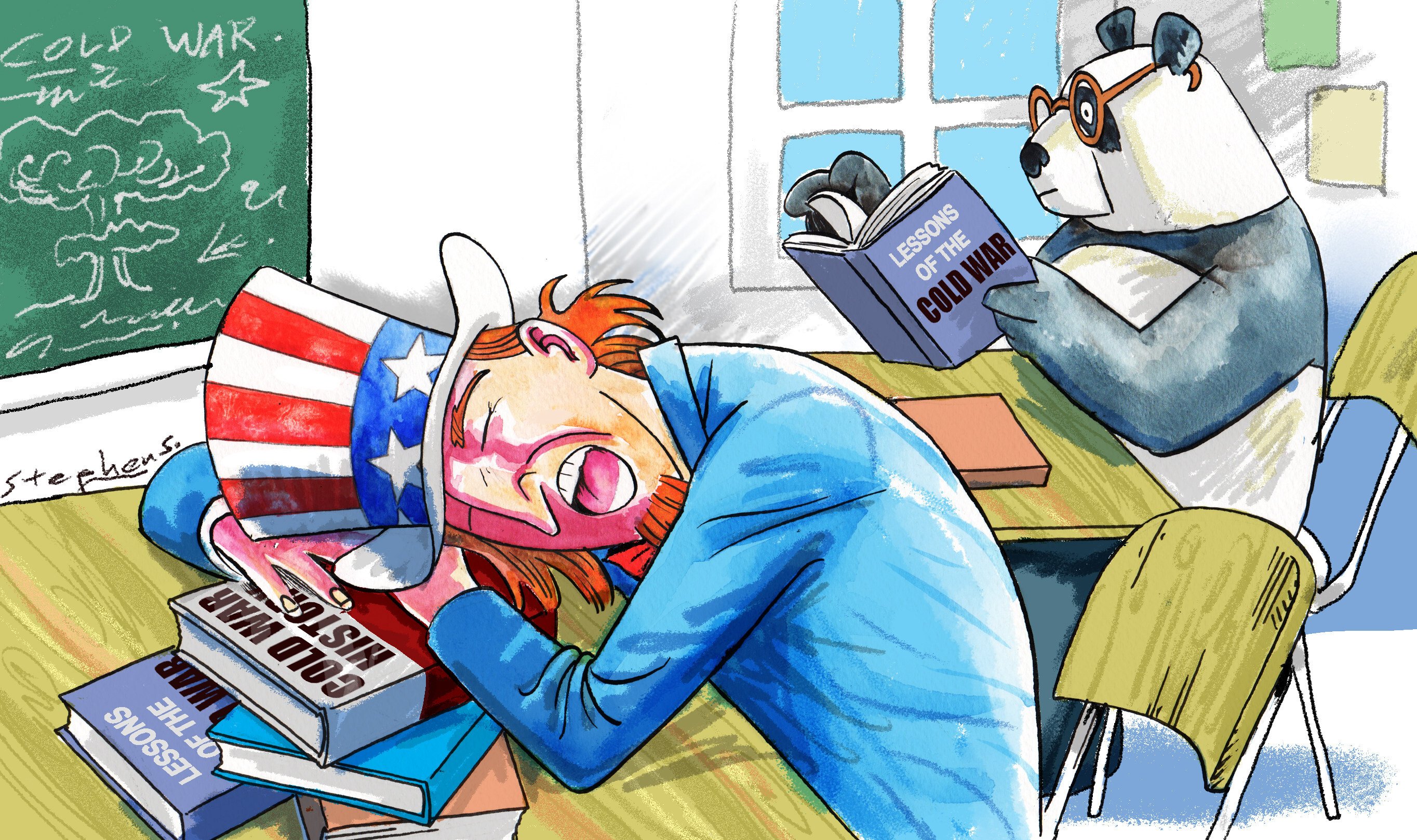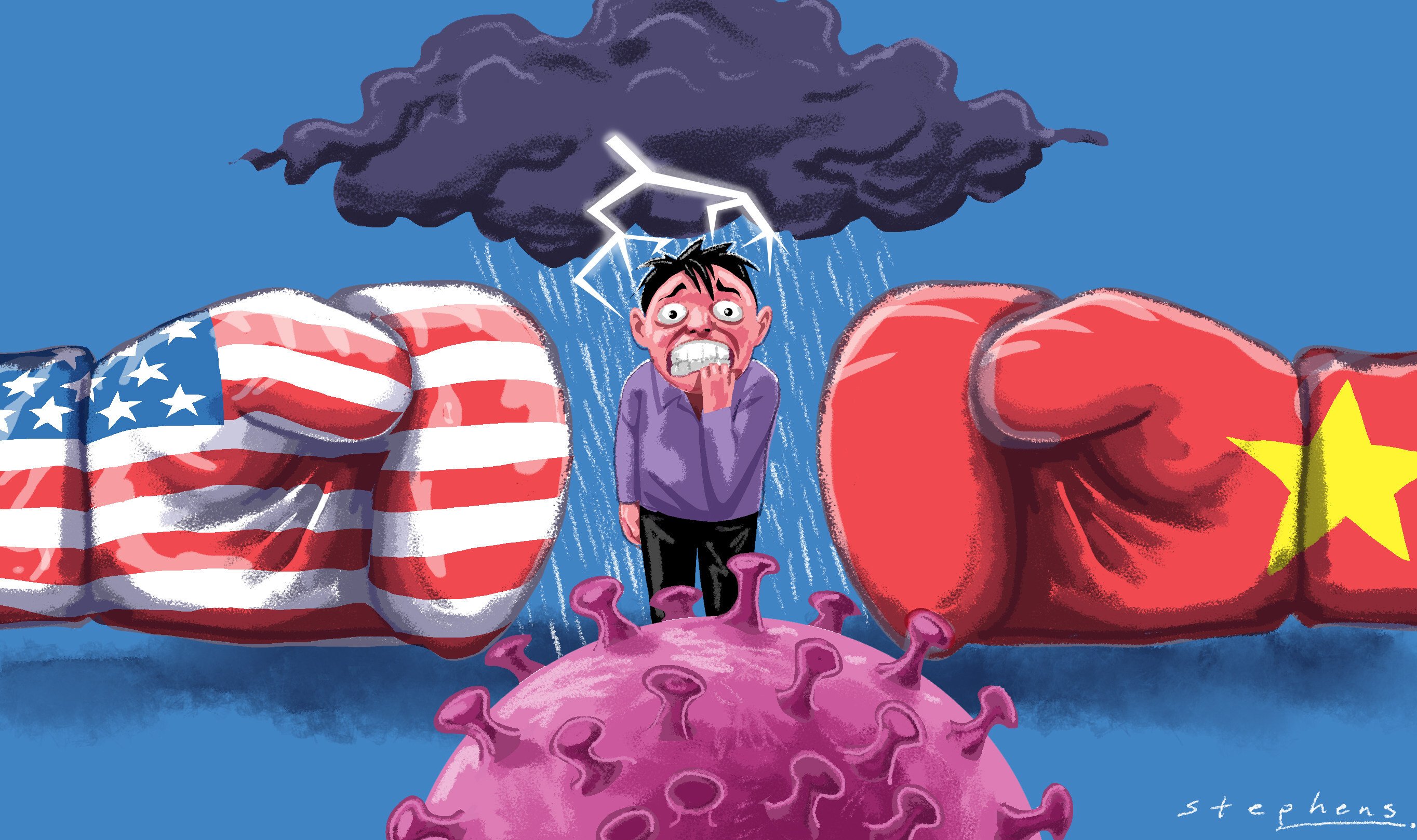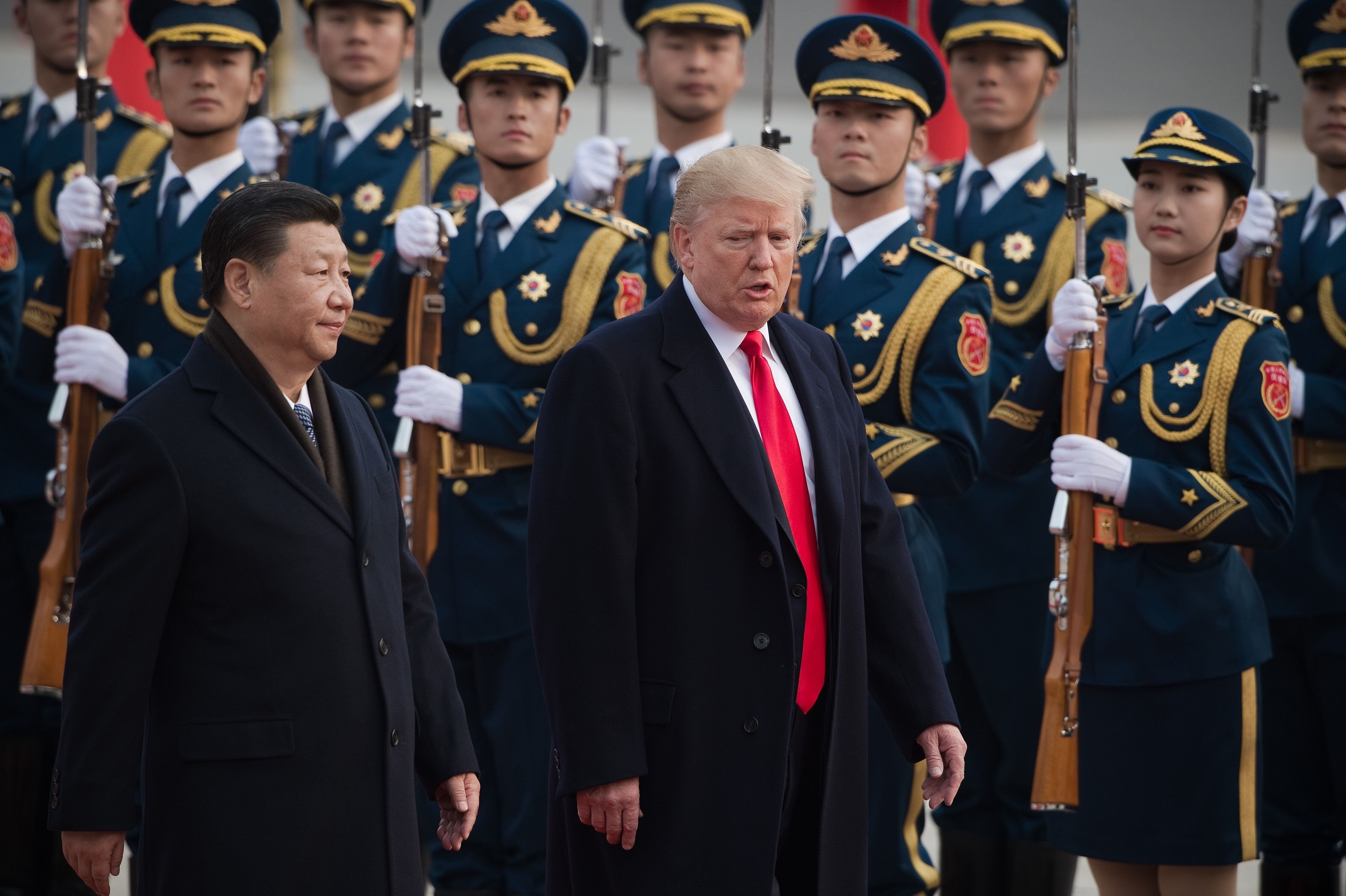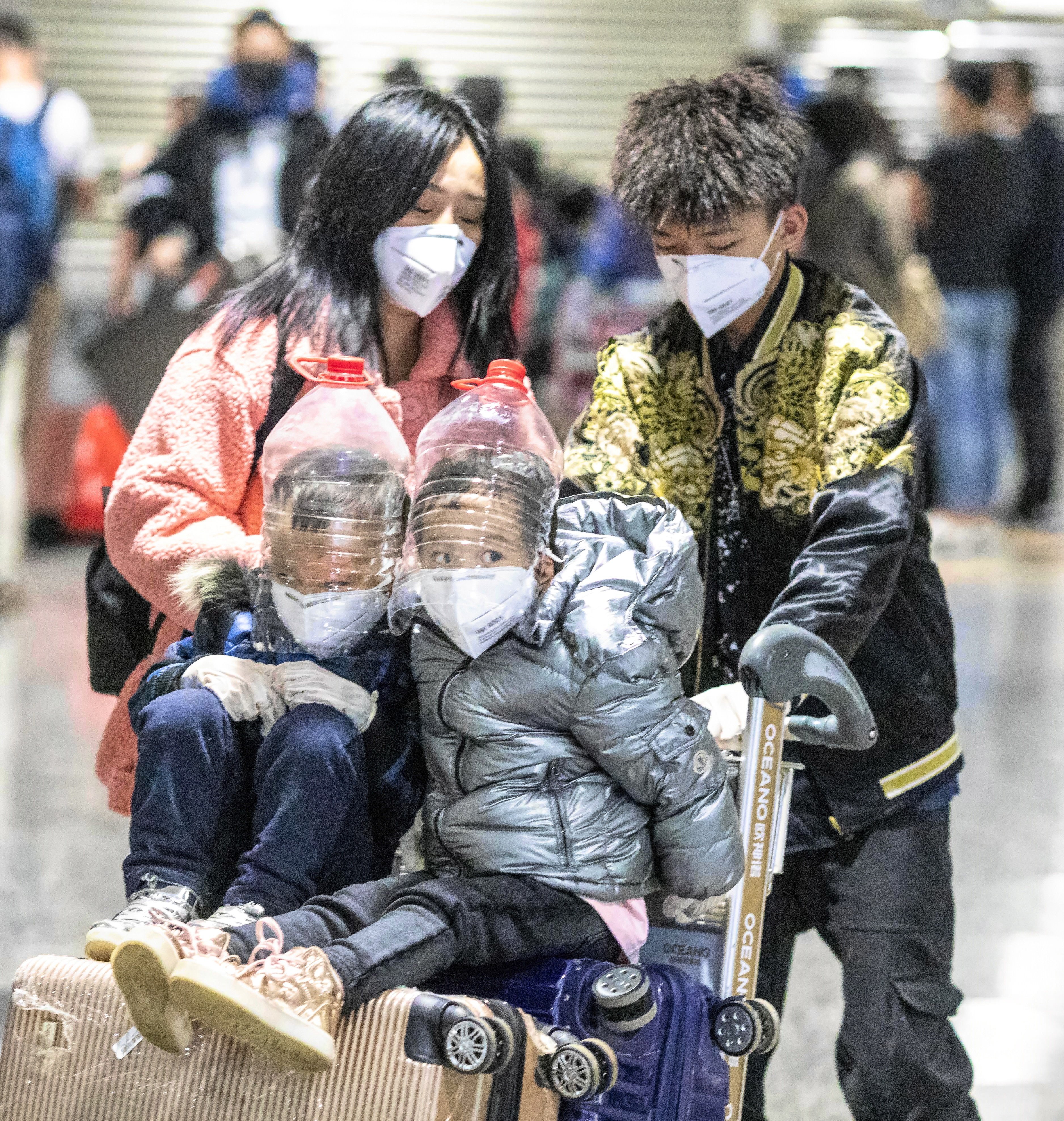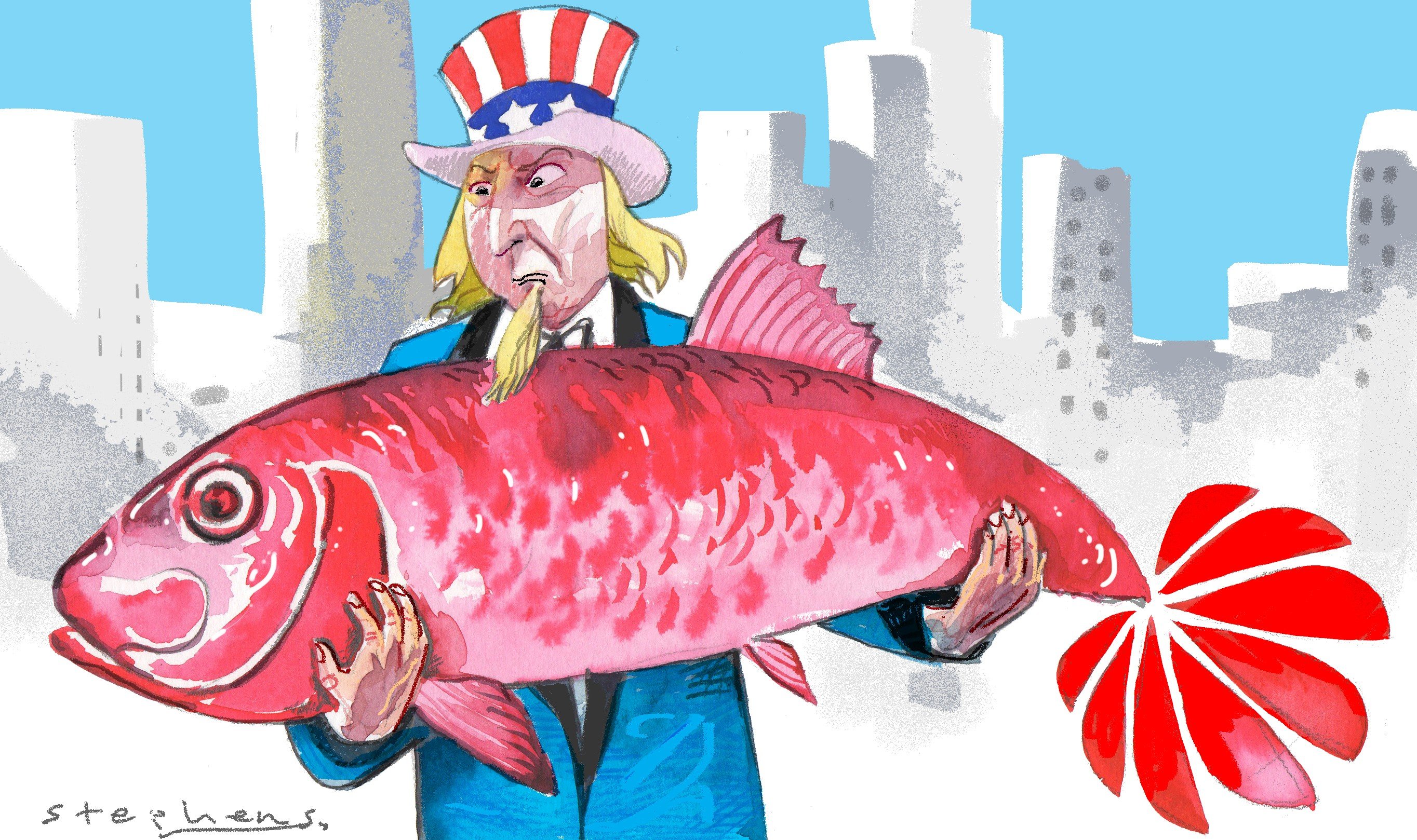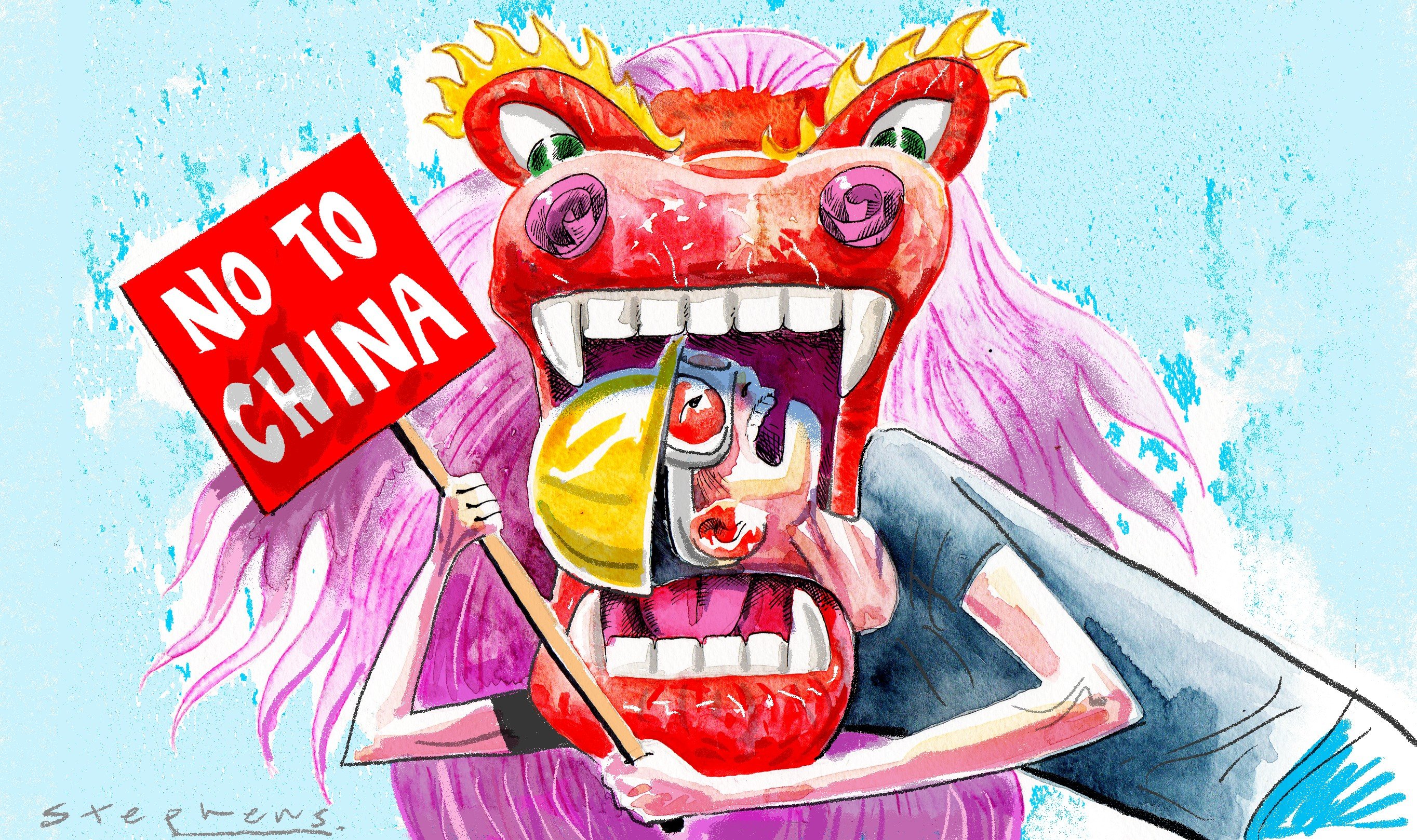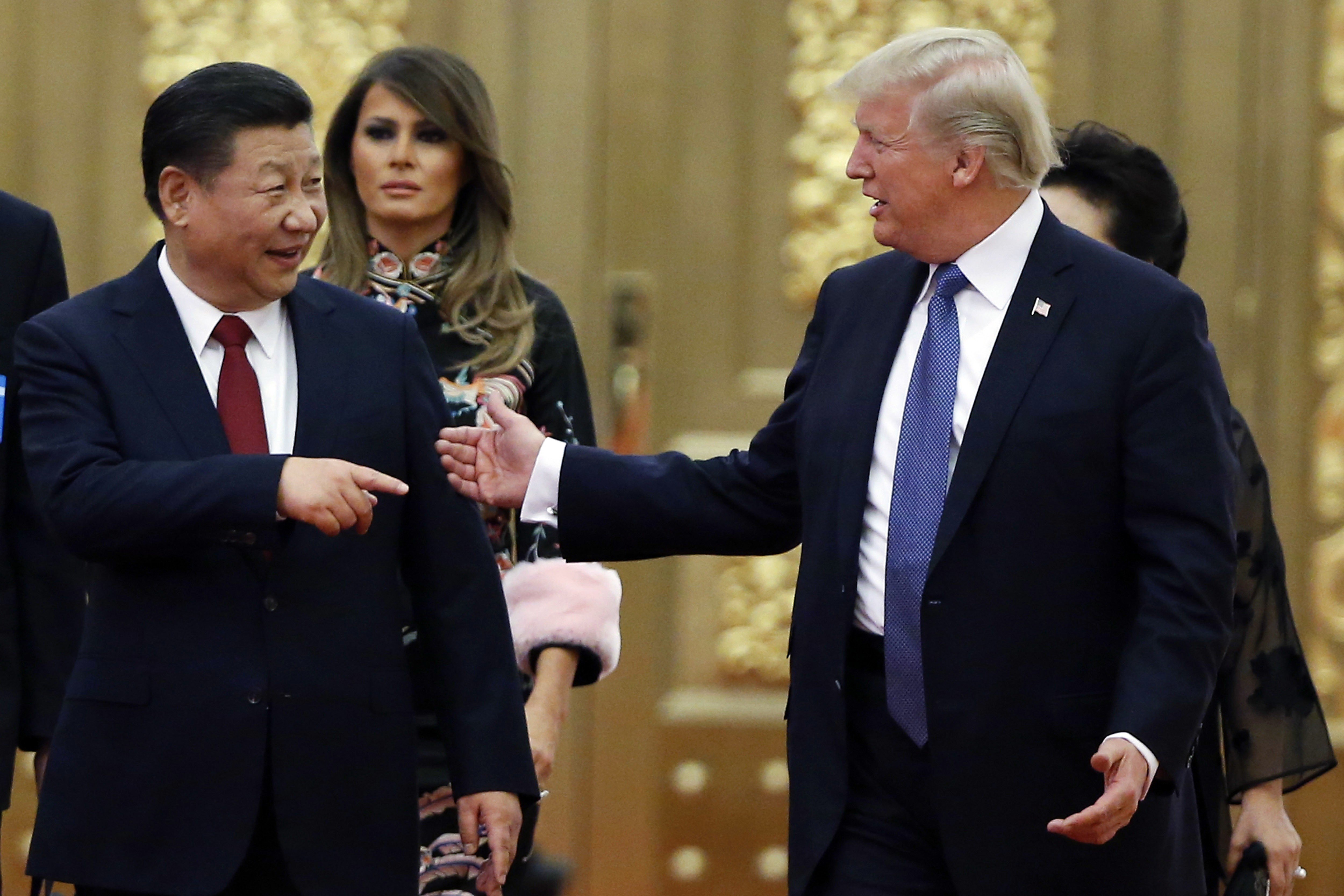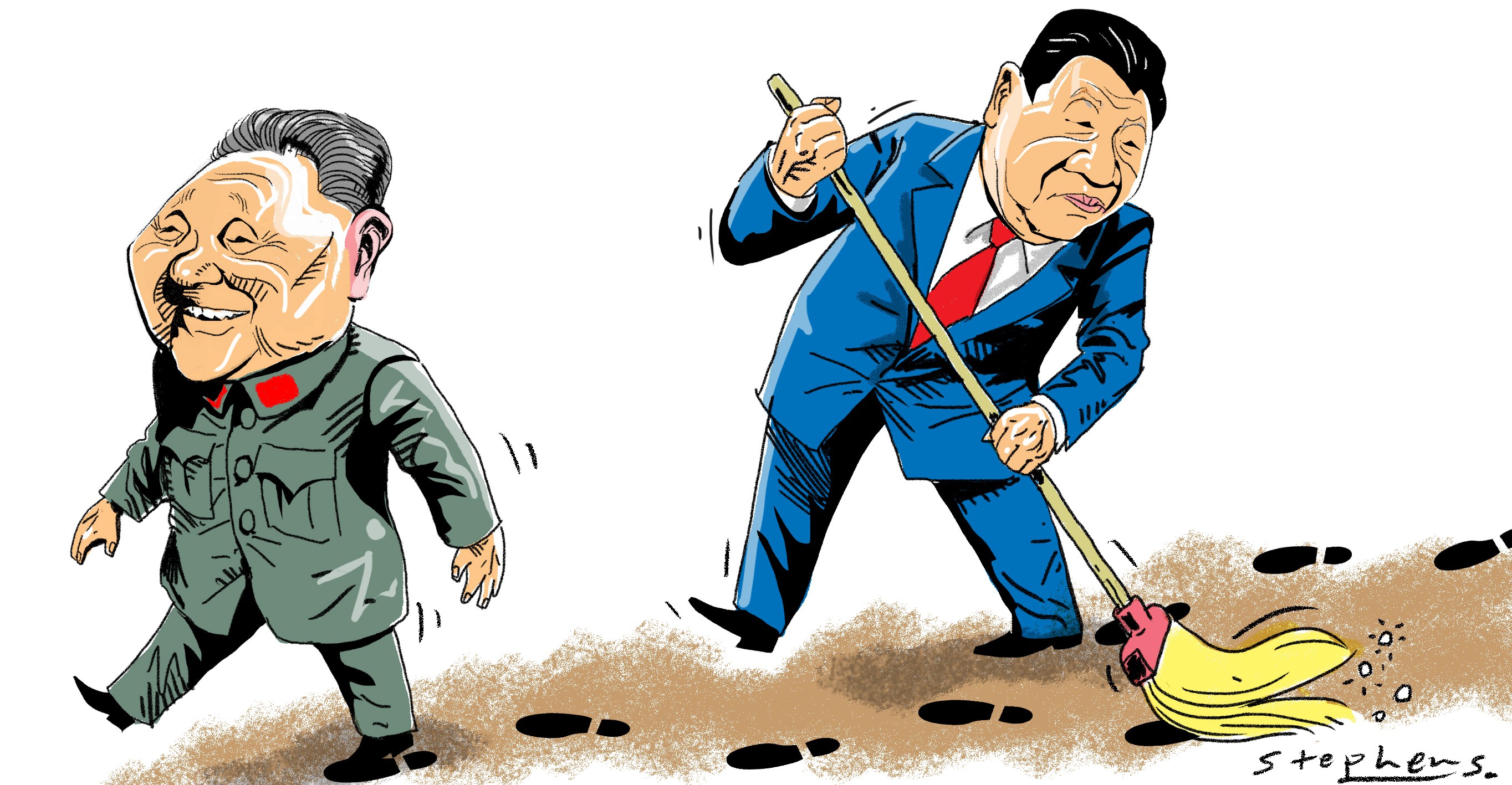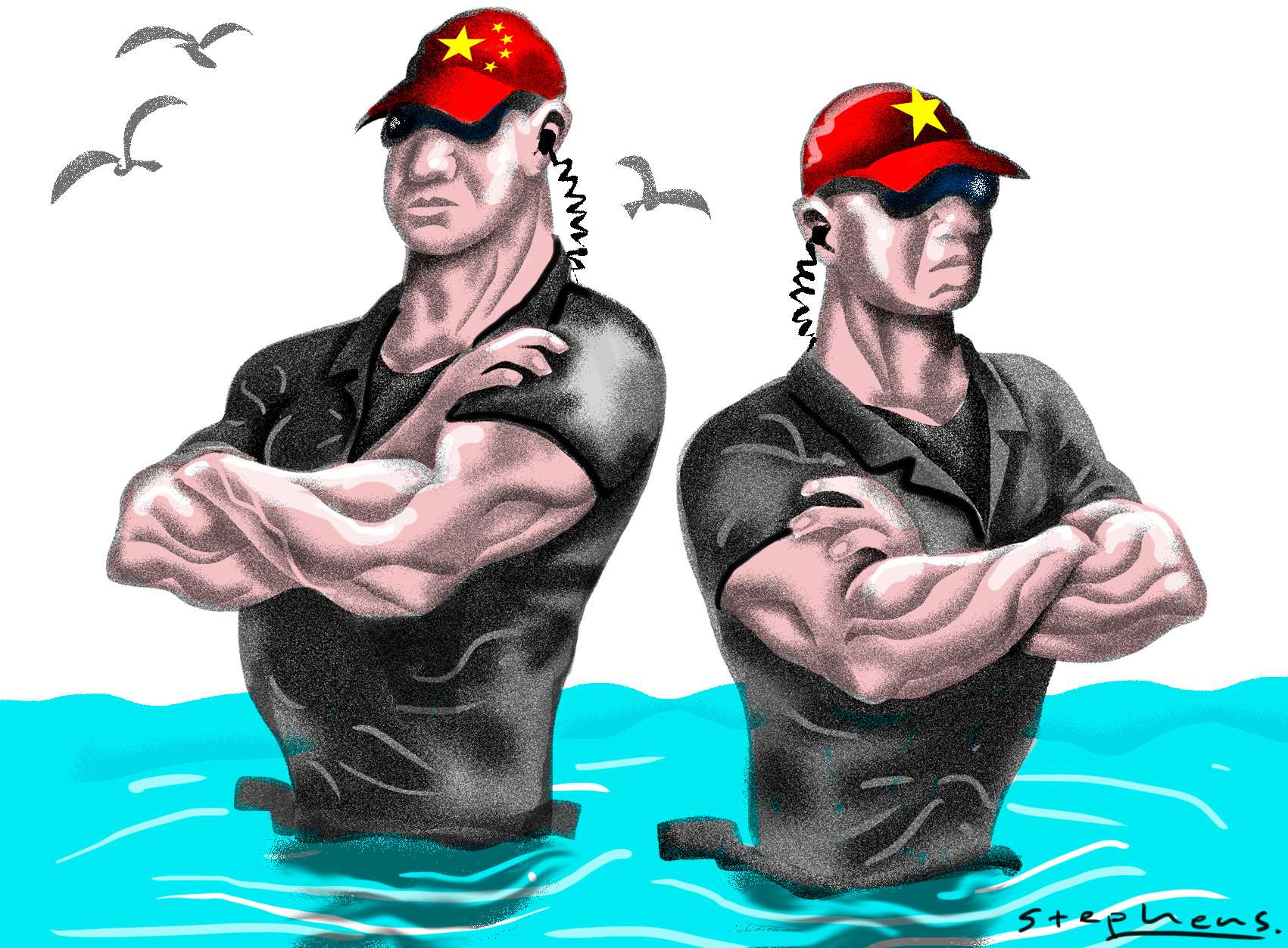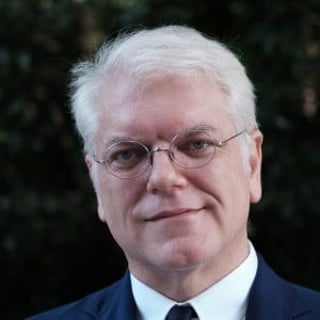
The US isn’t serious about detente or any form of reconciliation. Instead it has been laying the foundation for a cold war or worse, and fabricating a moral high ground.
Beijing must take ensure it avoids repeating past missteps as it advances new monetary and fiscal policies to stimulate growth and recovery. Otherwise, it risks creating a tech bubble that could hamstring its long-term ability to compete globally.
Beijing is risking popular displeasure because many citizens still remain vulnerable and unvaccinated. While the US could see up to 100 million new cases this year, China is focused on keeping the Omicron surge at bay while building testing capacity ahead of the next wave.
The risks facing the US now are not dissimilar from those the Soviets faced. Yet it’s not clear Washington has learned the deeper lessons of history, including why Beijing has avoided the Soviet Union’s fate.
Experts, and US policymakers, subscribing to a zero-sum view of international relations normalise and even goad conflict. The only solution is to break this cycle of violence and normalise peace and cooperation instead.
A distinct strain of pandemic capitalism is present in the United States as stock prices soar and the government and markets prioritise profits over people. Women, the working poor and minorities have experienced the brunt of the suffering while drug companies, tech firms and friends of the government have lined their pockets.
The White House has sent mixed signals on China, agreeing to hold talks while announcing a ban on Chinese apps. But the hope that these are just Washington’s negotiation tactics is fading, amid worries of a potential armed conflict.
US President Donald Trump’s provocative rhetoric raises questions about how far he is willing to go in his confrontation with China. While countries and businesses are reluctant to pick sides, the spectre of a US-China military conflict might force them to.
For a coronavirus with a lower fatality rate than peak flu season in the US, millions are quarantined, borders are closed, flights are cut, and economic and political costs are mounting. With human rights swept aside and public health politicised, are we creating more problems than we hope to solve?
The US’ targeting of Huawei is rooted in long-standing fears that China might challenge the idea of civilisational superiority on which the West constructs itself. Focusing on Chinese surveillance effaces the threat posed by Western tech giants.
The leaders of China’s Communist Party learned from both Tiananmen and the fall of the Soviet Union not to give in. The mainland Chinese public also appears to have little sympathy for Hongkongers, which will free Beijing’s hand to act decisively.
China’s young people, once at the forefront of politics, are increasingly disenfranchised, and part of a worrying generational gap as a result of the nation’s unprecedented cultural and economic development.
With the unveiling of the Indo-Pacific Economic Vision, the apparent resolution of the trade dispute with the EU and the cosying up with Russia, it is now clear that the US president has been working towards a strategy of turning other countries against Beijing.
Xi Jinping is pitting himself against Deng Xiaoping’s legacy, particularly his vision of collective leadership.
Behind Poland’s controversial new law lurk some disturbing suspicions regarding the country’s Jewish community – but also anti-EU and anti-German sentiment, not to mention nationalist and economic concerns over potential Holocaust reparations.
